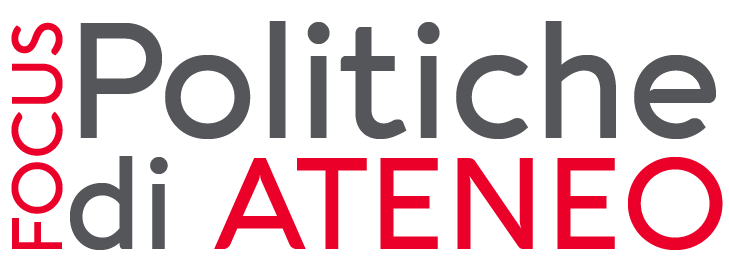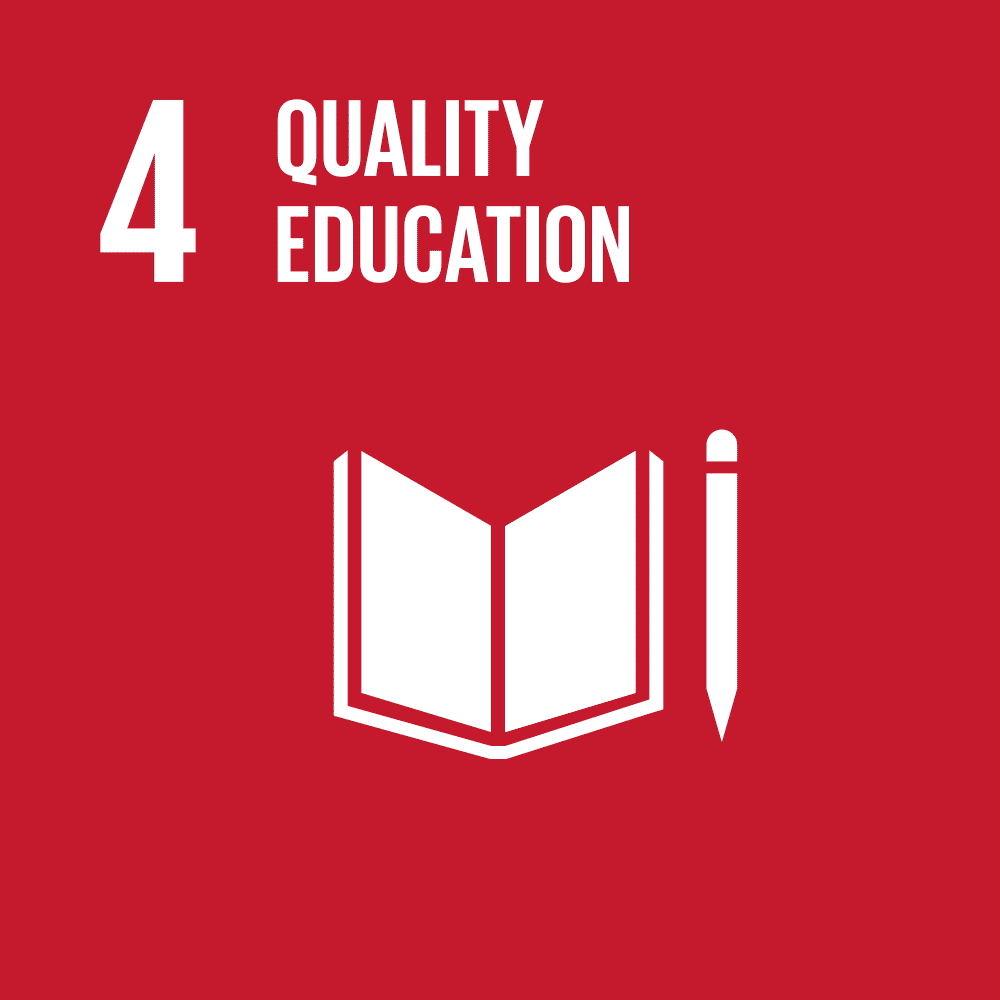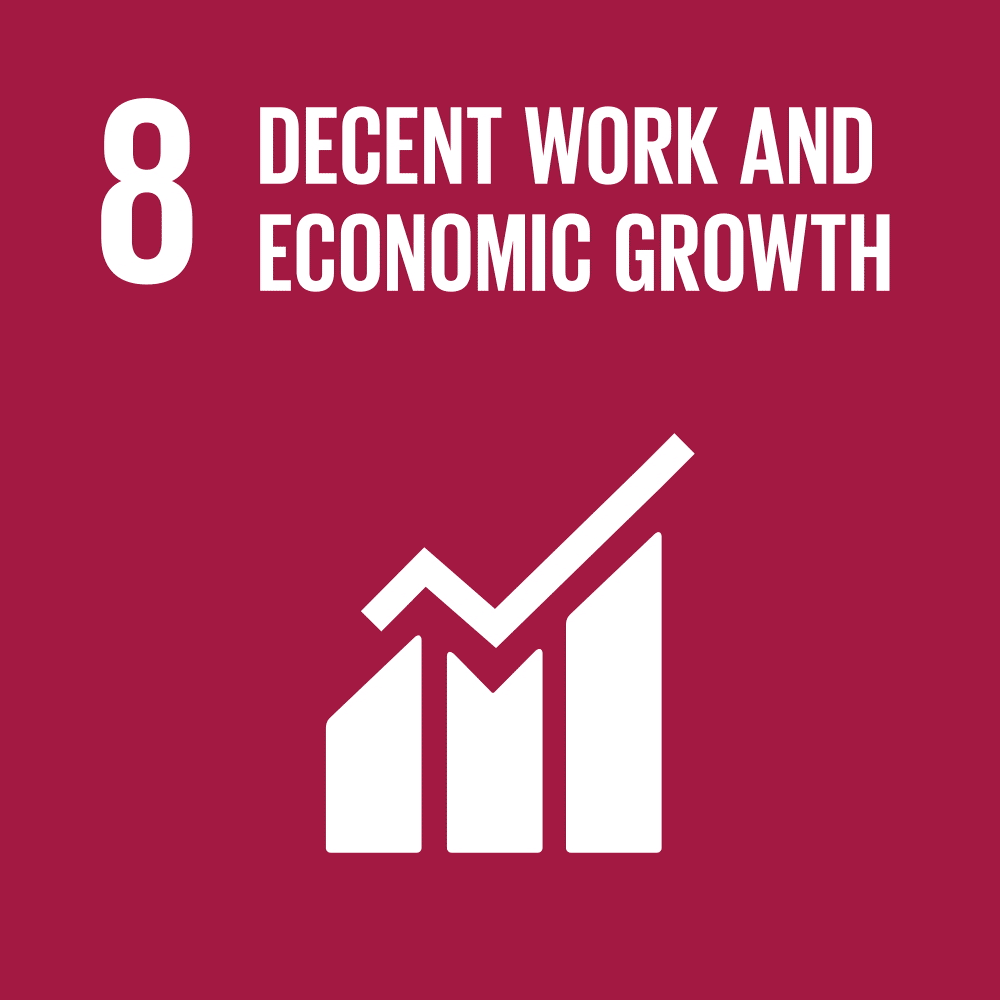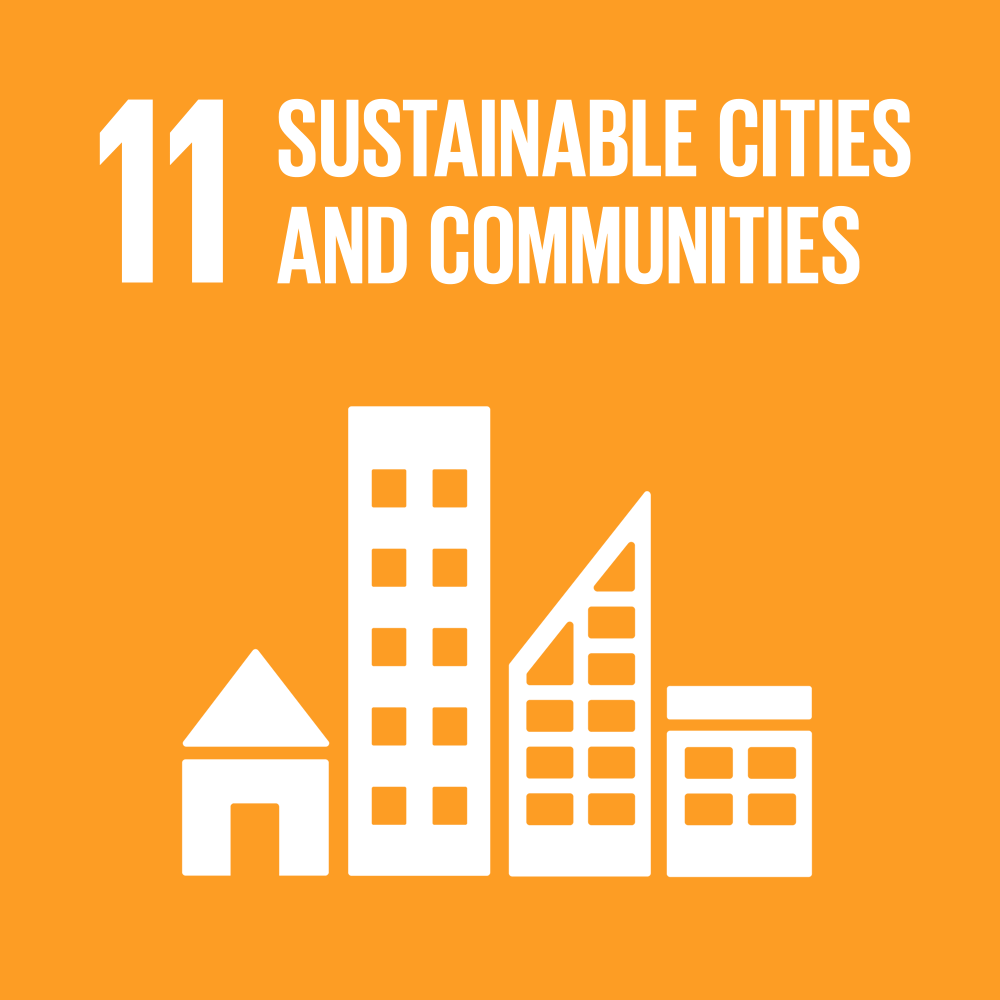Participatory Budgeting
The University of Turin is the first university in Italy to implement participatory budgeting.
Participatory budgeting is the methodology of listening, reporting and communication, which allows the active involvement of the community, adopted for the purpose of building the budget. This document is a tool for implementing the policy of the Athenaeum, financing strategic activities related to teaching, research, Third Mission and the organization of the university.
In the 2022 edition, the main topic is internationality, which is particularly suitable for experimentation because:
- it is part of the current strategic plan
- it has repercussions in many areas of university life
- it involves all staff in the administration
The entire process is coordinated by the Working Group that includes members of the Board of Directors and the Academic Senate, as well as the Managers and Heads of the Departments involved. The activities carried out by the Working Group concern, in particular:
- analysis of proposals and the executive summary to be submitted for final discussion
- fluidization of the entire process
- monitoring of activities
- collection of incentives and suggestions for a new participatory approach
The 2022 edition saw a university conference followed by meetings in the different hubs, and also the collection of ideas and comments through an online platform. The proposals that emerged were financed in the 2023 budget or from the 2022 operating profit and include:
- a fund to facilitate access to higher education for disadvantaged international students
- international exchanges for teaching and technical-administrative staff
- improvements in reception services for international students
UniTo has already launched the second edition of the Athenaeum Participatory Budget for 2023.
Participatory Budgeting 2023
UniTo has already launched the second edition of the Budget Participatory University Budget for 2023, which focuses on the theme of Student Service, with particular reference to interventions aimed at fostering the well-being of students/students, to enable them to overcome any educational and relational difficulties encountered during their course of study.
The provisional budget
The provisional budget is the document through which the Athenaeum plans and authorizes revenues and expenditures for the financial year. It also represents the tool for implementing the Athenaeum’s policy, including providing funding for strategic activities for the development of teaching, research, the Third Mission and the organizational-management apparatus of the University. The provisional budget is drawn up in the economic-financial accounting system (“double-entry”) and consists of:
- economic budget and authorizing operating investment budget
- three-year economic budget and investment
- budget- single non-authorizing University budget in financial accounting
- single University budget reclassified by Missions and Programs (only for the expenditure part)
With reference to the forecasting stages, each Directorate provides for costs and revenues within its competence by classifying them according to different degrees of priority: mandatory costs (arising from outstanding obligations such as salaries, utilities, passive contracts, etc.); discretionary costs (not mandatory but imperative on penalty of lowering the level of services).
Each Responsibility Centre with management autonomy (Departments, teaching, research and service facilities) provides for:
- operating revenues
- costs that are covered using the University’s internal or allocated resources
All sources/revenues and all investments/costs combine to form a balanced budget, at which point estimates take on an authorizing character and define the management scope in which each responsible person will be able to operate.
The purpose of the financial statement analysis is to summarize and illustrate the main items in UniTo’s balance sheet and income statement.
Balance Sheet
The balance sheet shows the institution’s financial position as of 12/31/2022 and represents a snapshot at the end of the accounting year. It provides key information for understanding the uses and sources of UniTo’s activities.
Source: Revised Annual Budget 2022
Income Statement
The annual performance measurement document includes the value of income and contributions, likewise the value of expenses.
Income represents
the financial income that the Athenaeum obtains from core activities, such as the sale of services or fees. They can be distinguished in:
- commissioned research activity (3.6%) which occurs when an organization requests the conduct of a study, determines the research object, establishes the parameters and requirements, and selects the researcher or research team that will be assigned to conduct the study;
- competitively funded research (27.6%) involves an open process in which researchers compete by submitting projects to a funding organization, such as a government agency or foundation;
- teaching activities (68.8%) to be attributed 86.14% to the payment of fees for bachelor, master, master and single-cycle degree programs. Within those defined as other courses are specialized courses, such as master’s degrees, University Professional Refresher Courses, and revenues for Active Formative Internship activities. Pre-registration tests and state exam fees contribute 2.16% of total fees for teaching activities.
Contributions represent
the amounts of money provided to the Athenaeum by external organizations or entities, such as government agencies, nongovernmental organizations, foundations, and private companies.
Contributions may be provided to support programs or projects of the public body or to fund its general activities. Unlike income, contributions are external funding that are provided to the Athenaeum with no obligation to repay. More than 94% of contributions come from the activities of the Ministry of University and Research, which contributes to the disbursement of specialist training contracts, doctoral, postdoctoral and postgraduate fellowships.
Other contributions (4.89%) include Grants from the Autonomous Regions and Provinces, other local governments, the European Union and the Rest of the World.
Source: Revised Annual Budget 2022
Source: Revised Annual Budget 2022
Costs represent
the negative components of income for the Athenaeum and they can be summarized into costs for
- current operations (40%), where they include those for student support activities (49.19%), transfers to partners in coordinated projects (4.85%), purchase of consumables for laboratories (4.53%), purchase of books, periodicals and bibliographic materials (2.18%), purchase of services and technical management collaborations (33.02%), purchase of materials (0.53%) and costs for the use of third-party assets (5.70%). To the latter category belong the expenses incurred for the rental of premises, leases, software licenses, project financing.
- personnel dedicated to teaching and research (39.2%), where expenditures for professors and researchers, at €178,600,718.47, account for more than 62% of total personnel costs. Costs for research grants and collaborations in general fall under the category of scientific collaborations, and the value in percentage terms is 5.43%.
- managerial and technical-administrative staff (16%).
- other costs (4,7%).
Expenditure trends
In the university world, operating costs are growing steadily. UniTo’s expenditure trends in comparison with leading Italian universities, comparable in educational delivery and number of students, according to Censis place 5th in the size of operating costs incurred, while it is 4th (like the University of Florence) in projected spending by 2023. Specifically, the average growth in investment for the University of Turin is 3.59%, with the peak of 13.35% from 2021 to 2021 and a decrease of -3.51 from 2019 to 2020. For all the universities, there is a growth in costs in the year 2022, concurrent with access to funds from the processes activated by the PNRR. The average overall growth is 13.21%, while the pandemic year observed the largest average reduction in costs and investments at -1.03%.
2022 was the year with the largest average increase among all universities, while the 2023 forecasts show different strategic choices. Some universities such as Turin, Pisa and Milan have returned their spending perspectives to the period before the Covid-19 pandemic, pursuing a cautious approach. Other universities such as Bologna, Padua and Florence show a more enterprising attitude.
Each athenaeum’s expenditure per enrolled student (http://ustat.miur.it/dati/didattica/italia/atenei-statali/torino) shows margins for UniTo to improve. The Athenaeum is struggling to narrow the gap with leading comparable universities. In fact, in 2019 the difference between average spending and what UniTo spent was about €1,400 per student, rising to €1,700 in 2022.
